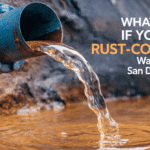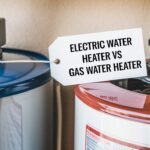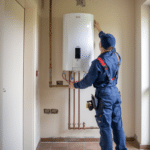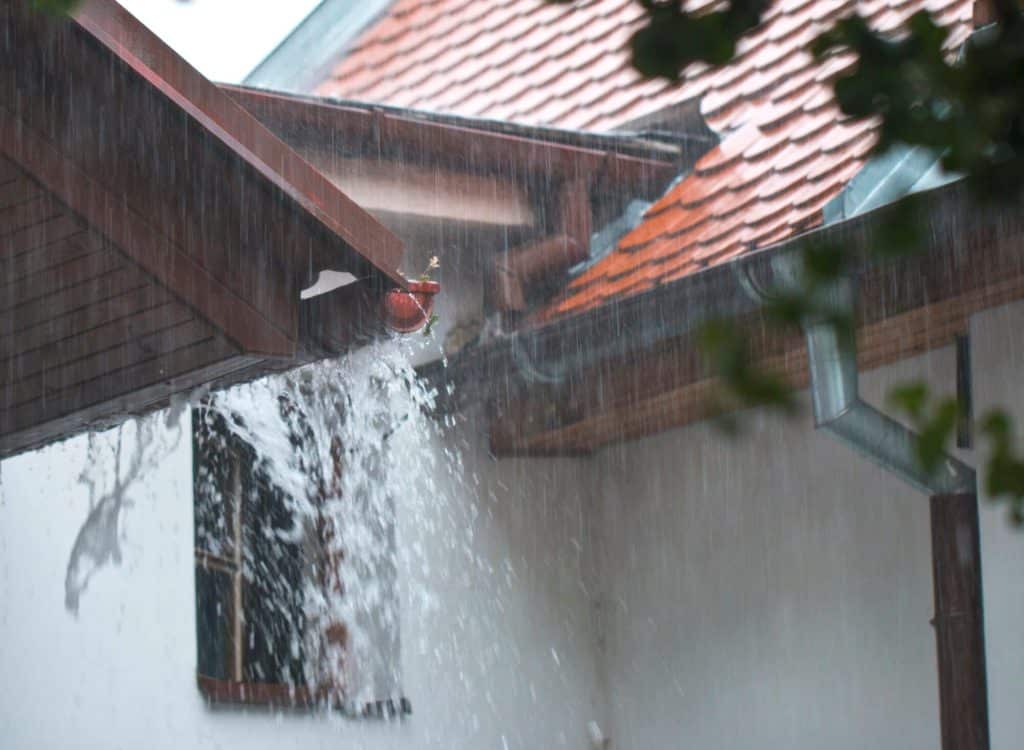
Heavy rainstorms can wreak havoc on your property, and your plumbing system is no exception. Excessive rain can lead to flooding, clogged drains, sewer backups, and other plumbing-related issues.
Protecting your plumbing system from the effects of heavy rainstorms is crucial to maintaining your home’s functionality and preventing costly repairs.
Voyager Plumbing will explore practical steps to safeguard your plumbing system during heavy rainstorms and ensure it remains in top shape.
Inspect and Maintain Your Gutters and Downspouts
Gutters and downspouts are your home’s first line of defense against water damage. When functioning properly, they divert rainwater away from your home’s foundation, reducing the risk of flooding.
Here’s how to keep them effective:
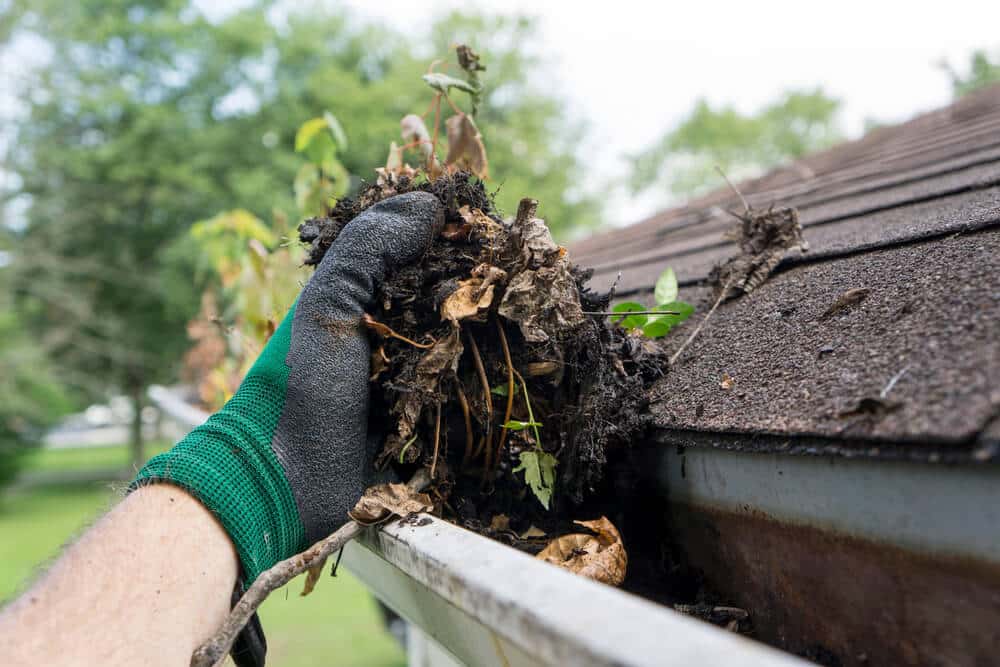
- Clean Regularly: Remove debris like leaves, twigs, and dirt from gutters and downspouts to prevent blockages. Clogged gutters can cause water to overflow and seep into your foundation.
- Check for Damage: Inspect for cracks, rust, or loose joints that could impede water flow.
- Extend Downspouts: Ensure downspouts direct water at least 6-10 feet away from your home to prevent pooling near the foundation.
Ensure Proper Drainage Around Your Home
Water pooling near your home can strain your plumbing system and increase the risk of flooding.
Proper drainage minimizes this risk:
- Grade Your Yard: Ensure the ground slopes away from your home’s foundation to direct water flow outward.
- Install a French Drain: This underground drainage system channels water away from your property.
Protect Your Sewer Line
Heavy rain can overwhelm municipal sewer systems, leading to backflow into your home.
Protect your sewer line with these strategies:
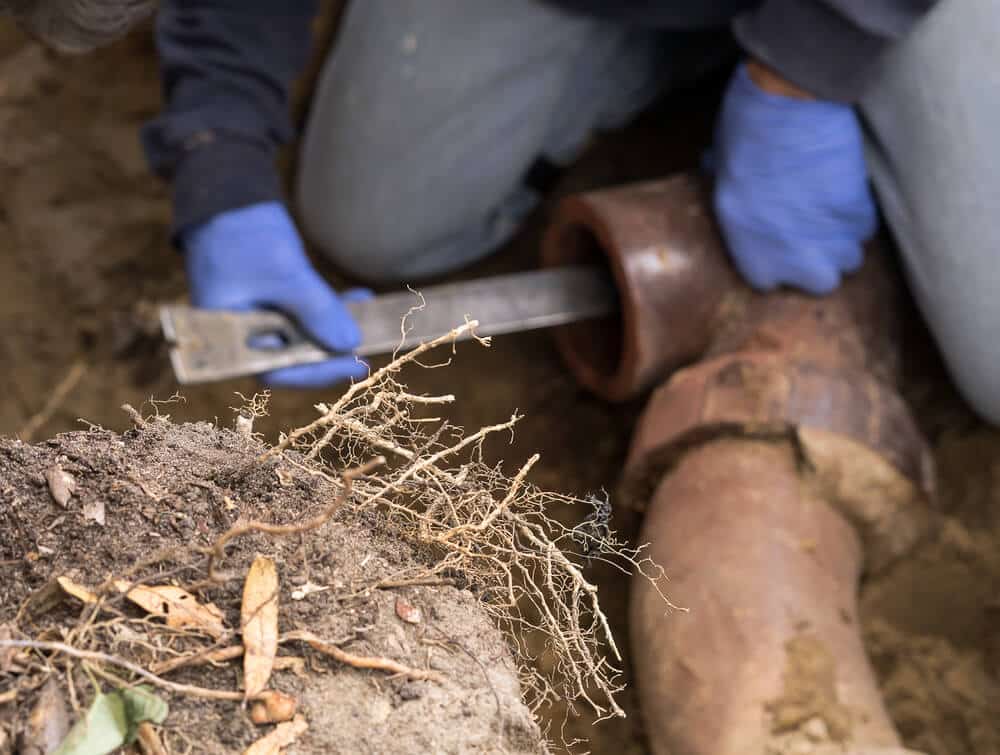
- Install a Backwater Valve: This device prevents sewage from flowing back into your home during heavy rainstorms.
- Inspect for Tree Roots: Tree roots can infiltrate sewer lines and block water flow. Schedule regular inspections to identify and address root intrusion.
- Avoid Flushing Non-Biodegradable Items: Items like wipes, feminine hygiene products, and grease can clog your sewer line, exacerbating problems during heavy rain.
Check and Maintain Sump Pumps
Sump pumps are essential for homes prone to basement flooding.
Regular maintenance ensures they work efficiently during heavy rain:
- Test Functionality: Pour water into the sump pit to confirm the pump activates and drains water correctly.
- Inspect for Wear and Tear: Check the pump for cracks, rust, or loose components.
- Invest in a Backup Power Source: A battery-powered backup system ensures your sump pump remains operational during power outages.
Clear Outdoor Drains
Outdoor drains can become clogged with debris during rainstorms, causing water to back up into your home.
Keep them clean with these steps:
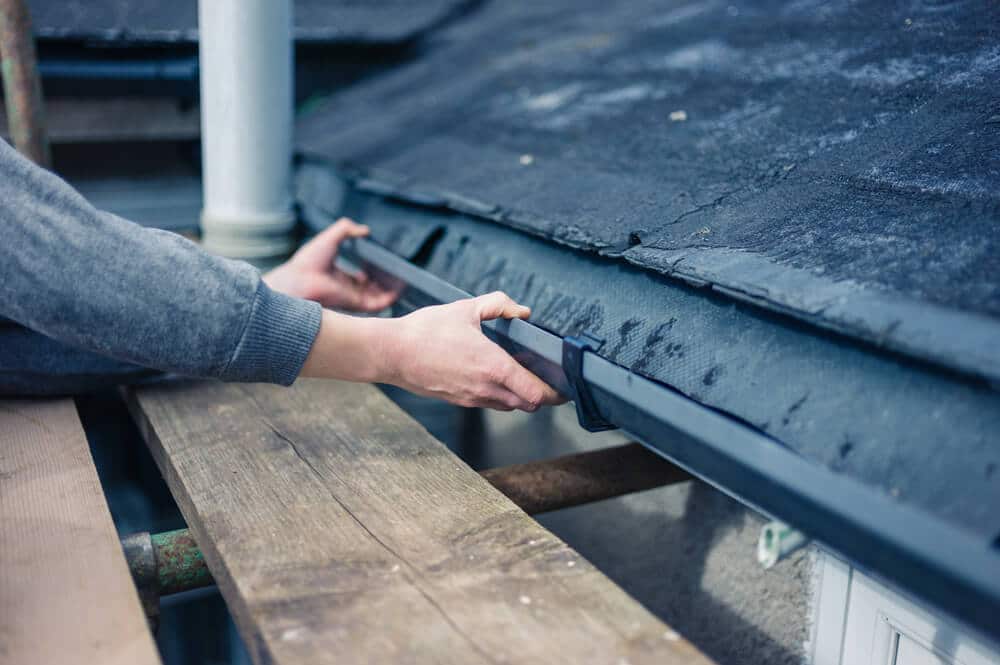
- Regular Cleaning: Remove leaves, dirt, and other debris from outdoor drains.
- Install Grate Covers: Prevent large debris from entering the drain system by using grate covers.
- Inspect Frequently: Check outdoor drains for blockages, especially before and after storms.
Seal Cracks and Gaps
Water can seep into your home through cracks in your foundation or walls, affecting your plumbing system.
Prevent this by:
- Sealing Foundation Cracks: Use a waterproof sealant to fill cracks and gaps in your foundation.
- Inspect Windows and Doors: Check for gaps around windows and doors, and seal them with weatherstripping.
- Apply Waterproof Coatings: Add waterproof coatings to basement walls for extra protection.
Monitor Your Water Pressure
Heavy rainstorms can disrupt water pressure, potentially damaging your plumbing system.
Keep your water pressure in check:
- Install a Pressure Regulator: This device helps maintain safe water pressure levels.
- Check for Leaks: Leaks can exacerbate water pressure fluctuations. Inspect pipes and faucets for signs of dripping or pooling water.
- Inspect Your Pipes: Ensure pipes are secure and free from corrosion or damage.
Protect Exposed Pipes
Exposed pipes are vulnerable to damage during heavy rainstorms.
Safeguard them with these tips:
- Anchor Loose Pipes: Secure loose pipes to prevent them from shifting or breaking during heavy rain.
- Cover Outdoor Faucets: Use faucet covers to protect outdoor spigots from rain and debris.
Schedule Regular Plumbing Inspections
Professional inspections can identify potential vulnerabilities in your plumbing system before heavy rainstorms strike.
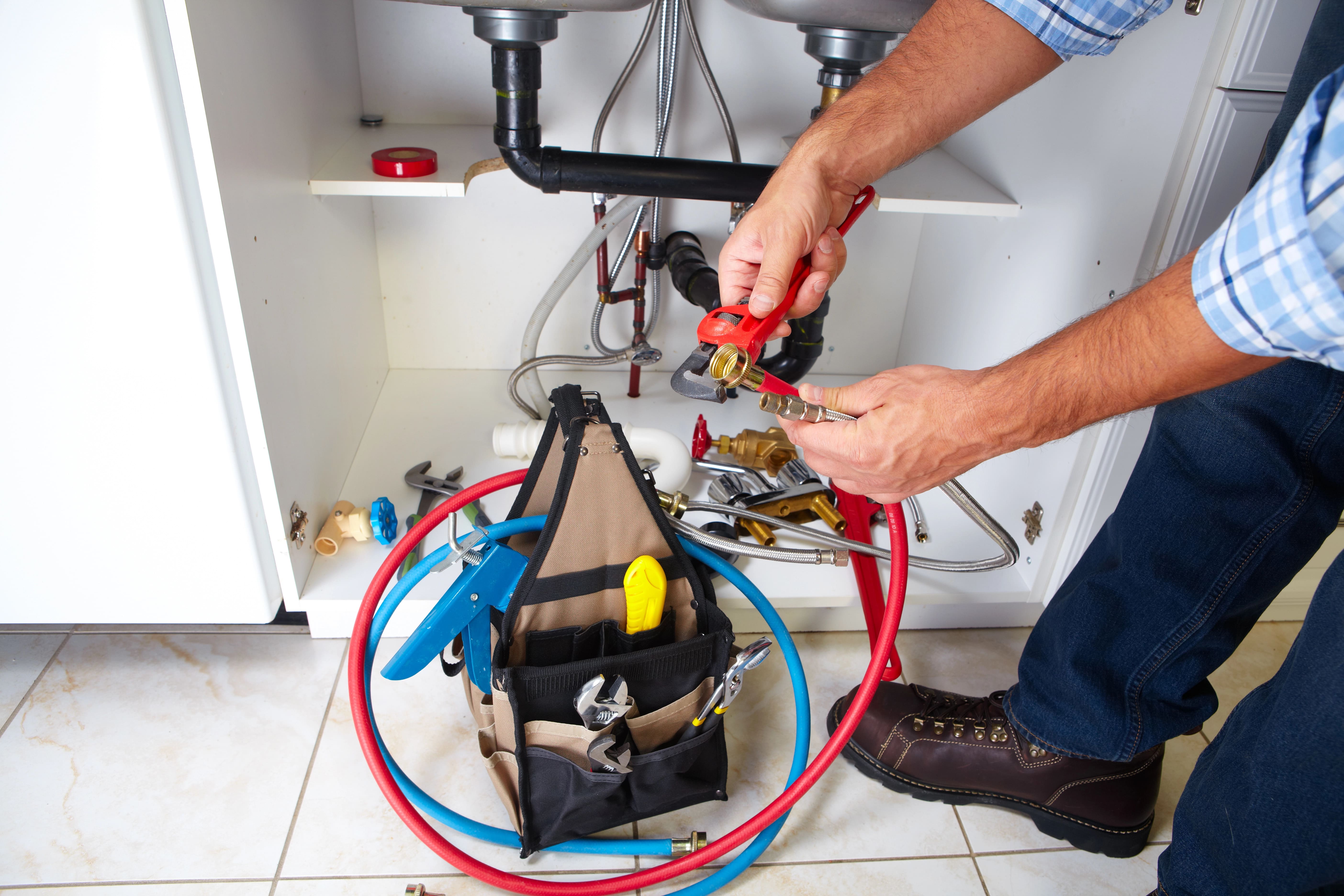 A licensed plumber can:
A licensed plumber can:
- Inspect for Leaks: Detect hidden leaks that could worsen during storms.
- Check Sewer Lines: Evaluate the condition of sewer lines and recommend repairs or replacements if needed.
- Assess Pipe Integrity: Identify weak or corroded pipes that could fail under pressure.
Have an Emergency Plan
Preparation is key to minimizing damage during heavy rainstorms.
Create an emergency plan that includes:
- Knowing Your Shut-Off Valves: Locate and test shut-off valves for water, gas, and electricity.
- Creating a Contact List: Keep a list of emergency contacts, including your plumber, electrician, and local utility company.
Educate Your Household
Ensure everyone in your household knows how to respond to plumbing emergencies during a storm.
Teach them:
- How to Shut Off Water: Show family members how to turn off the main water supply in case of a leak or burst pipe.
- What to Avoid: Instruct them not to flush toilets or use water during severe backflow or flooding.
- Who to Contact: Provide contact information for a trusted plumbing service like Voyager Plumbing.
Ensure a Resilient Plumbing System During Heavy Rainstorms with Voyager Plumbing!
Heavy rainstorms can pose significant challenges to your plumbing system, but proactive measures can minimize risks and protect your home.
If you need professional assistance, Voyager Plumbing is here to help. Our experienced team specializes in storm-ready plumbing solutions to keep your home safe and functional.
Contact us today to schedule an inspection or learn more about protecting your plumbing system during heavy rainstorms!




